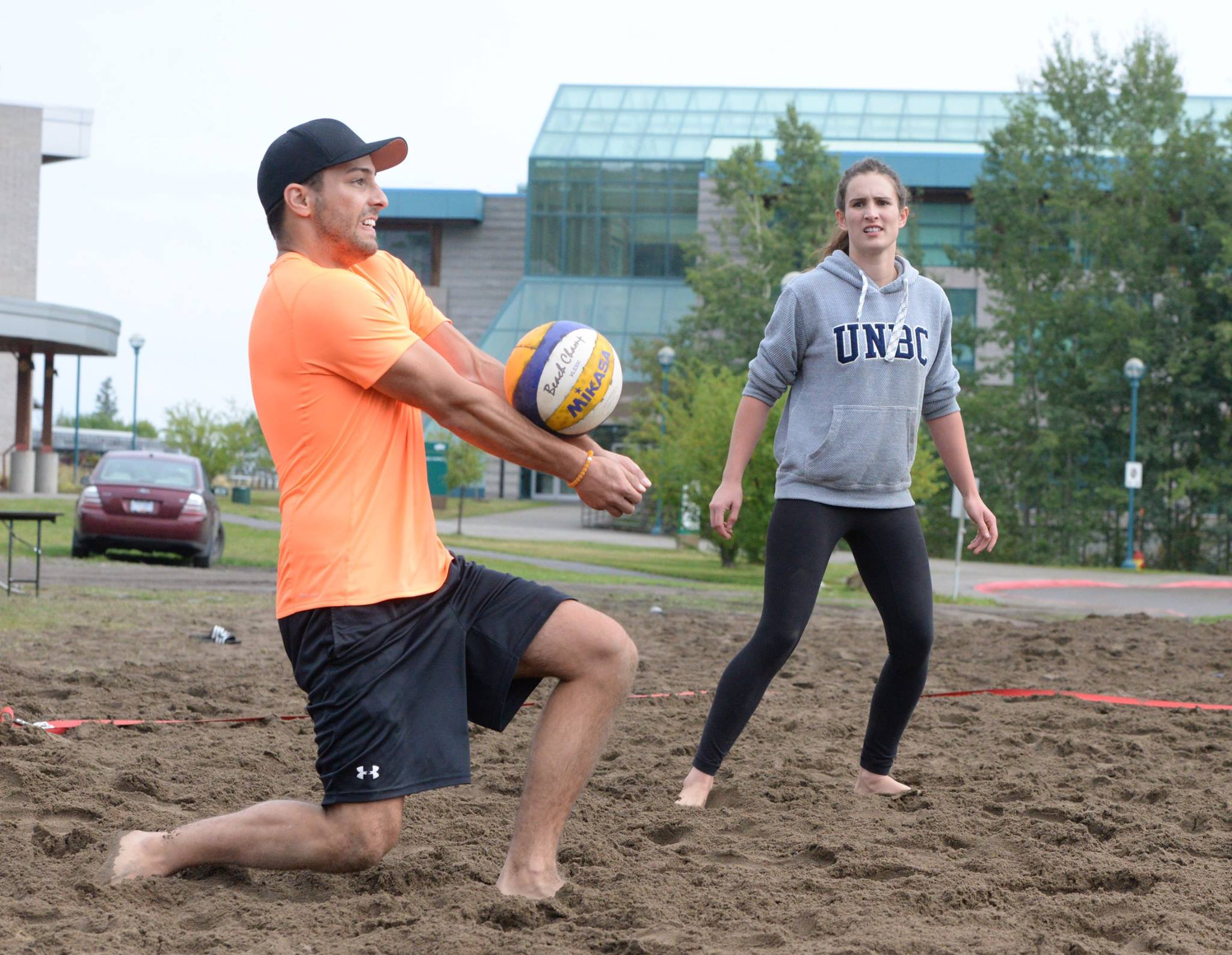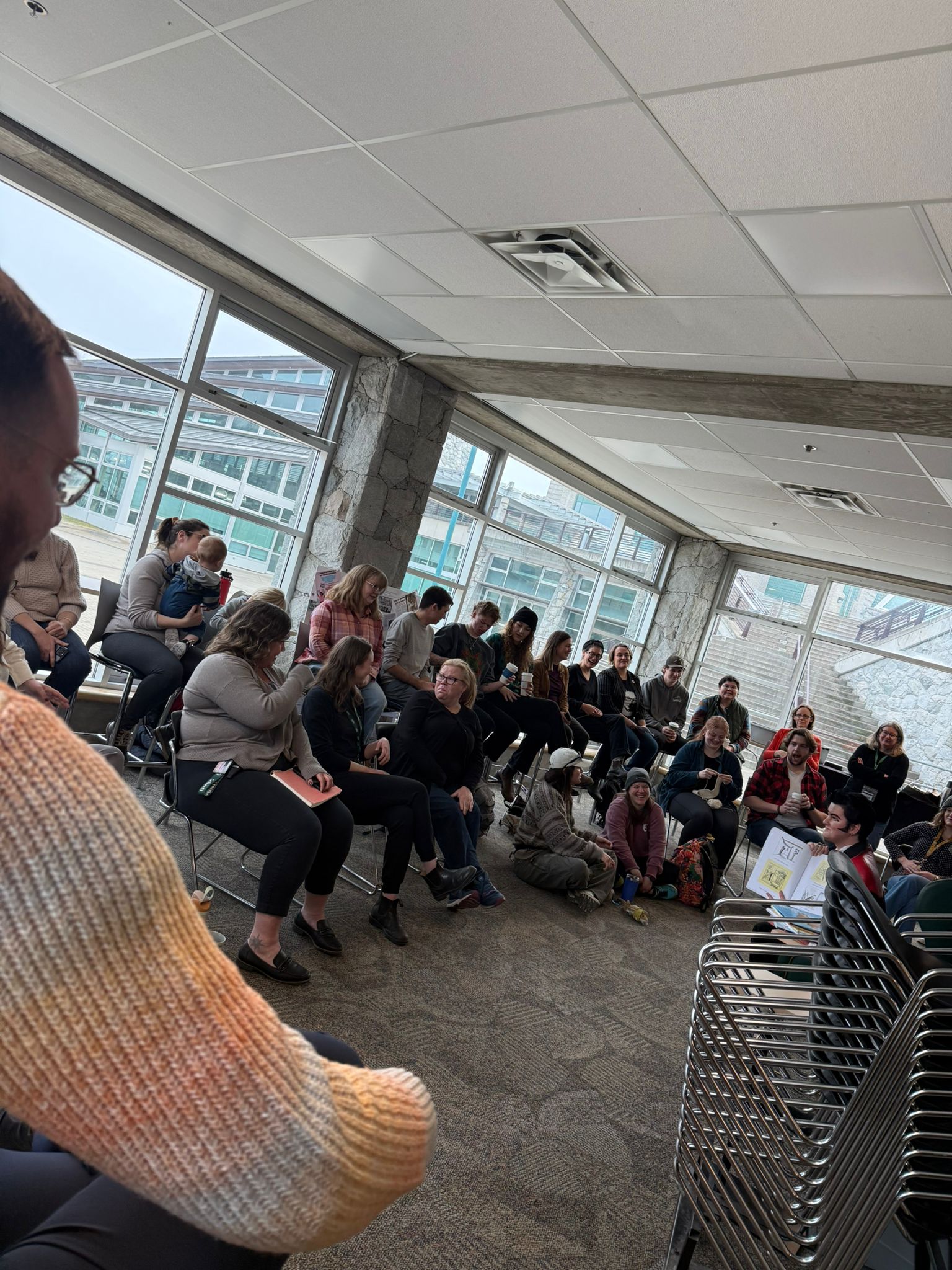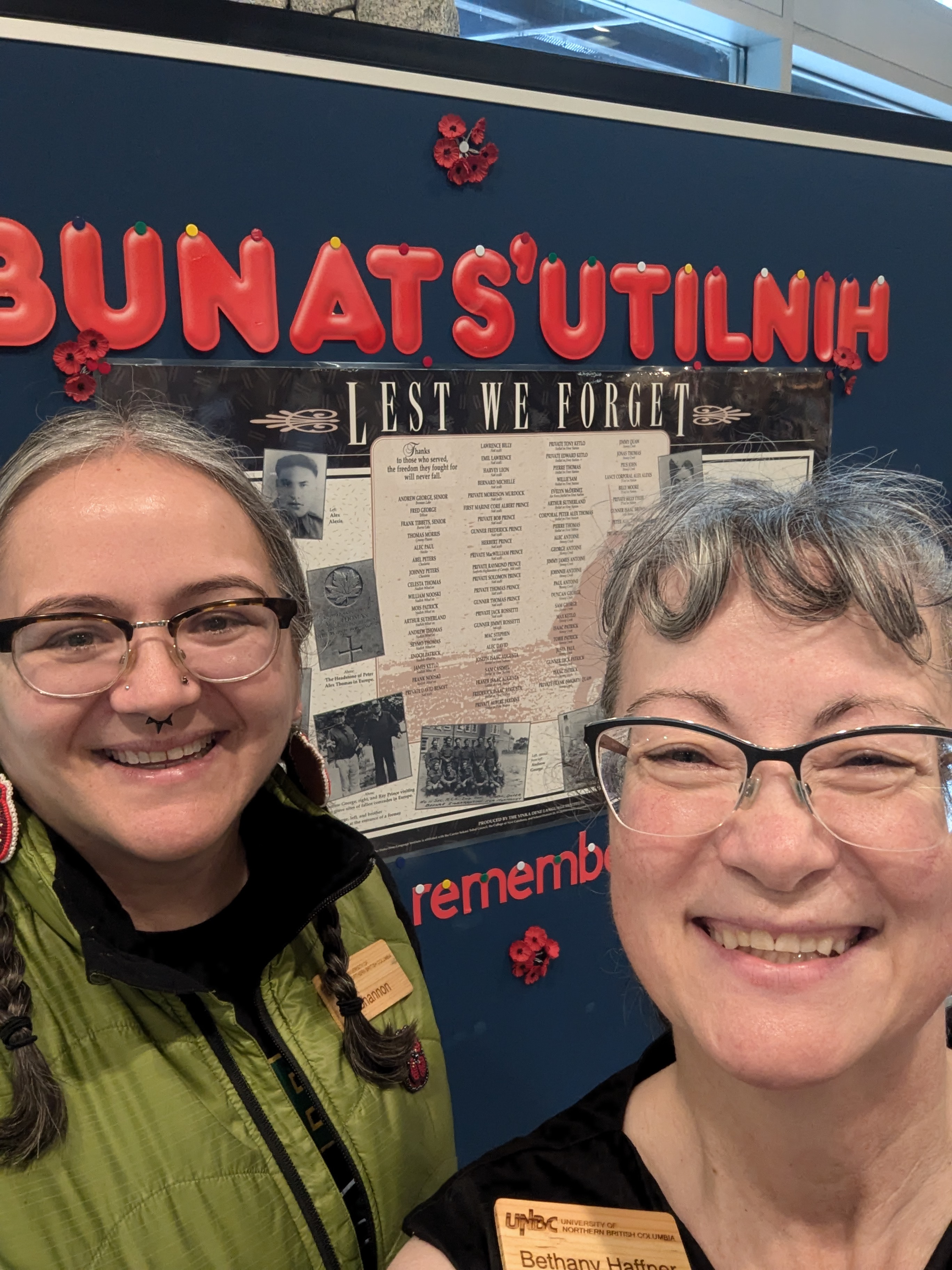The debate around the efficacy and implementation of academic evaluation systems has been around as long as the institution of academia itself. Whether it be in the form of percentages, letter grades, or GPAs, such systems often play a significant role in our lives as post-secondary students. For the most part, this reality cannot be avoided. They can, and are, used to gatekeep access to graduate programs and scholarships. Beyond this relatively narrow scope, the weight attached to marks diminishes quite dramatically like sunshine after a sunset. Evaluating an individual on their grade point average feels to me somewhat like evaluating someone on the contents of their bank account. Such information may indeed yield clues about their success, talent, and work ethic, but presents, at best, a grossly incomplete and possibly misleading picture. The pursuit of a high GPA in and of itself, without a goal such marks necessitate, is a sure-fire way of placing strongly in a rat race. The eponymous Macbeth famously decries the futility of such an existence in delightfully dramatic fashion:
Life’s but a walking shadow, a poor player,
That struts and frets his hour upon the stage,
And then is heard no more. It is a tale
Told by an idiot, full of sound and fury,
Signifying nothing.
Perhaps he was talking about life. Perhaps he was talking about accumulating high marks and the relevance thereof after graduation in the modern world of employment. We shall never know.
If the foundation of an argument against the significance of marks is being poured, then what form of an evaluative structure are we to build upon this? If the academic ranking system is insufficient, by what other means can we assign value to our educational experience? Let us consider some alternative metrics in addition to academic performance.
First, we might do well to focus more on our internal growth and development made along our post-secondary journey. If I am the same person upon completion of my studies as I was upon entry, have I indeed learned much of anything at all? I posit not. More so than anything else throughout my long tenure as a student (at this institution and elsewhere), I have learned about myself. Perhaps this reflects the challenges that the university experience presents. There is an old adage about a person’s character, like a bag of tea, only being truly revealed when immersed in hot water. I have found this to be quite apt. I have occasionally felt intellectually pulled apart and reassembled, with beliefs and thought patterns unrecognizably altered from before. This tearing of the muscles of the mind contributes to its intellectual fortification. I believe education at this level should fundamentally seek to accomplish this. We should be challenged and stretched to imagine and think and feel in ways entirely unfamiliar and new to us. Change, or the lack thereof, most accurately reflects the degree to which internal growth has occurred. The importance of difference, of change, is inextricably embedded within the physical laws of nature. Nearly every engine we encounter and use in day-to-day life relies on differences in temperature to function. The immutable laws of thermodynamics demand this. Similarly, the difference between who we once were and who we are now powers our movement forward.
Second, the character and quality of the connections we forge with others is another means by which to weigh the worth of our educational experience. I recall very little about what I supposedly learned in elementary school, and oddly even less so from high school. What I do remember most vividly were the people. From fellow students who possessed unique quirks to teachers who left indelible marks, they walked with us across the stage, and their lasting impressions have walked with us ever since. In physics, the use of a ‘frame of reference’ is essential in defining the notion of velocity. How can one tell if they are moving or not? The analogy of a train is often used, but I prefer an aviation analogue. Insofar as our senses are concerned, this ambiguity of motion is especially apparent in an airliner at high altitudes and at night. If you cannot see anything on the ground nor the clouds, one could quite comfortably convince themselves that they were stationary. Relative to the person next to you, you are not moving at all. Relative to the ground, you are moving quite quickly. Without a frame of reference, however, the idea of motion is altogether meaningless.
And so, I argue, it is with life in general. Without others that we can anchor ourselves to, our path through life can become difficult to define and even more difficult to assign meaning to. Our friends, families, colleagues, and coworkers all help place us on our existential map; they serve as our social frames of reference. This is valuable indeed, as it is not feasible to know where you are going if you do not know where you currently are.
The first treatise from antiquity on architecture and engineering is generally considered to be Da Architectura, authored by the Roman Vitruvius about two millennia ago. It is a collection of 10 scrolls on topics ranging from the construction of military machines such as siege engines, to aqueduct methods and town planning. In Book III, Vitruvius famously discusses what he considered to be the holy trinity of architecture – utilitas, firmitas, and venustas, which translate to utility, strength, and beauty.
Academic performance could be analogous to strength or stability within this architectural framework. A minimum is required to pass classes or to retain a scholarship. However, above a certain threshold, additional structural stability serves no real purpose. Imagine constructing a dining room chair that can support the weight of a vehicle. This is feasible and useless in equal measure, as this additional strength comes at significant expense without any benefit whatsoever. Unlike academic performance, there is no benefit ceiling atop internal growth and external connection. There is no limit to how much you can change and how much you can grow.
Instead of solely relying on academic Performance as the litmus test of learning, sprinkle in some Internal and External ingredients and voila, we have turned an otherwise milquetoast GPA into a delicious philosophical PIE.
If we are indeed the architects of our own lives, then let your internal growth be the utility and the external connections the beauty of your educational journey.
Let your experience here be a tale told by a student, full of memory and meaning, signifying everything.





